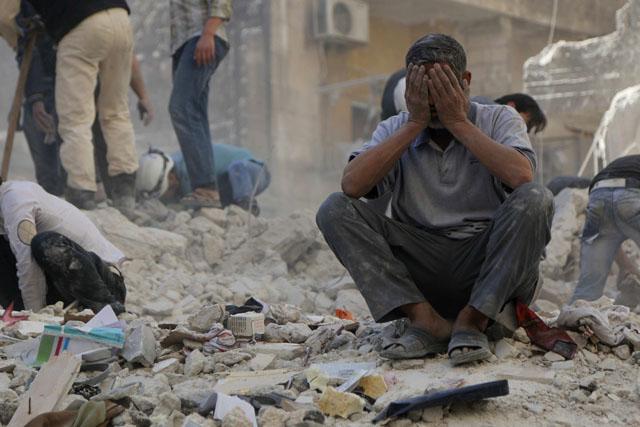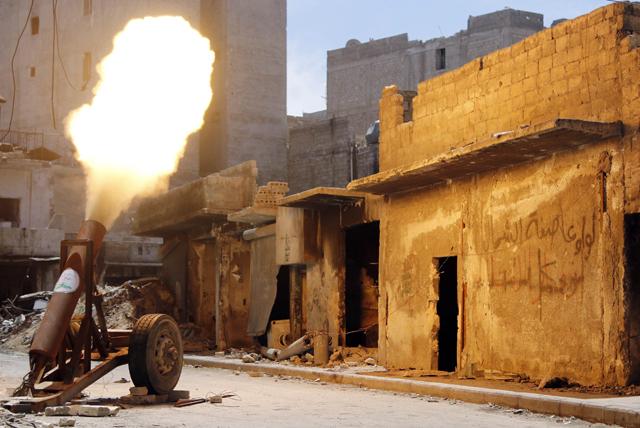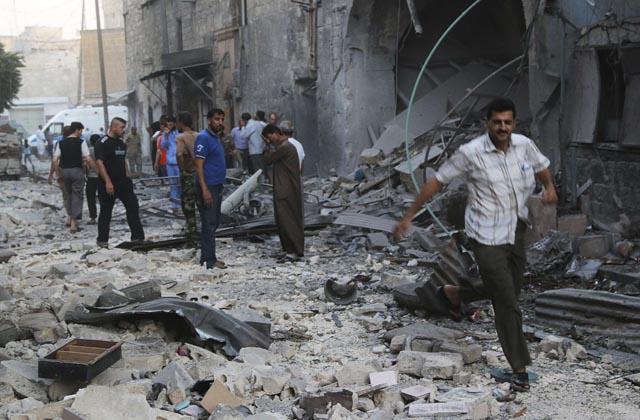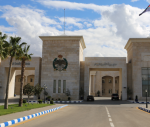You are here
Syrian opposition-in-exile re-elects Qatar-backed leader
By Reuters - Oct 15,2014 - Last updated at Oct 15,2014
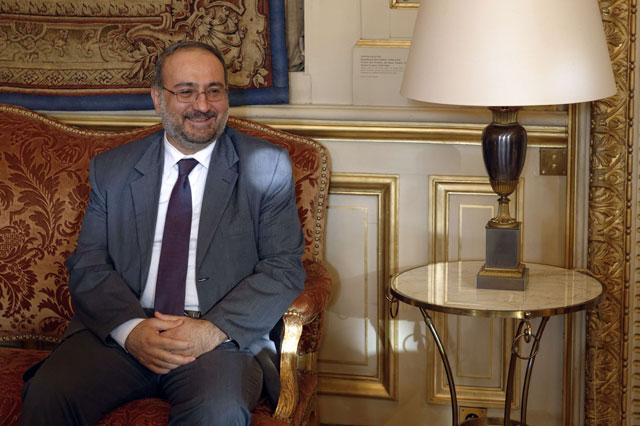
ISTANBUL — The Western-backed group that sees itself as a government-in-exile opposed to President Bashar Assad has re-elected its leader, a decision that reasserted the influence of Qatar and the Muslim Brotherhood over the beleaguered body.
Some members of the exiled Syrian National Coalition had wanted to elect a leader based on the ground in rebel-held areas of Syria, but the group instead voted to reappoint Ahmed Toumeh who was fired from the post in July with many members unhappy about the coalition's lack of progress.
The coalition has little influence over rebels fighting to overthrow Assad in a conflict that has been complicated by the successes of rival hardline Islamist groups.
Its critics say it fails to represent the Syrian people and its decisions are dictated by its two main backers — Saudi Arabia and Qatar — which compete for influence.
"Our problem is that we need money to go directly to the interim government... and the only countries that can provide this are Saudi Arabia and Qatar... so we had to go with a candidate that had political backing, instead of someone from inside Syria," a coalition member said, requesting anonymity.
"In this case it worked in Qatar's favour. The coalition has become a theatre of the play of regional powers and it's damaging the revolution," he added.
A Syrian adviser to the opposition who is close to the talks said: "Toumeh has the support of the Muslim Brotherhood and the Turks and Qataris which had put him in a good spot. But it [the vote] didn't happen smoothly."
More than 40 of the 109 members of the Coalition, including Saudi-backed President Hadi Al Bahra did not vote, many in objection to Muslim Brotherhood influence, sources said. Toumeh won the voting with 63 of 65 votes cast.
Toumeh was not immediately available for comment.
Blighted by internal divisions, corruption allegations and the operational difficulties of being exiled, the coalition has been unable to systematically provide public services such as healthcare in rebel-held areas.
Meanwhile, the radical Islamic State group, which has gained notoriety for mass executions and torture, is said to be providing electricity and water, paying salaries, controlling traffic, and running almost everything from bakeries to mosques in areas under its control.
Related Articles
Syrian President Bashar Assad declared on Monday he would seek re-election in June, defying calls from his opponents to step aside and allow a political solution to the country’s devastating civil war.
The death toll in Syria’s three-year conflict has climbed past 160,000, an activist group said Monday.
The Western-backed National Coalition of Syrian opposition members said on Tuesday it had voted to force out its “interim government” and form a new one within a month.


